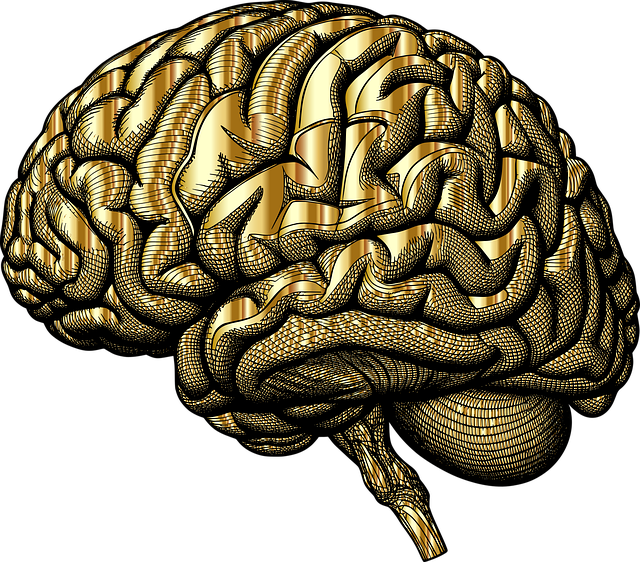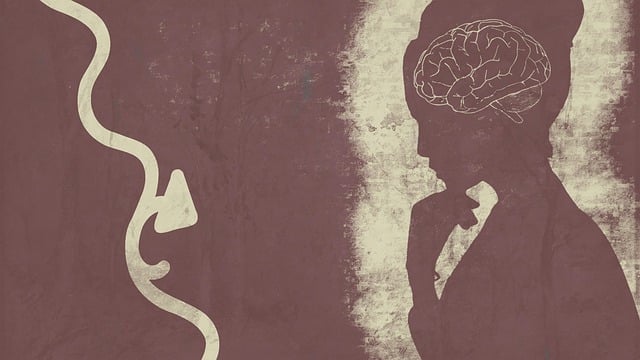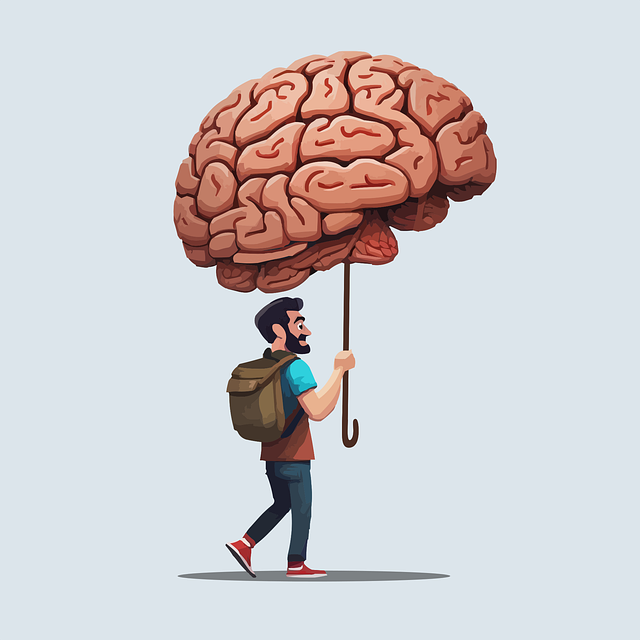Resilience is key in facing life's challenges, especially for those with ADD/ADHD in Northglenn. The RFM framework (Resources, Fortitude, Mastery) promotes building resilience through resource identification, inner strength cultivation, and coping strategy development. Northglenn's ADD-ADHD evaluations offer tailored therapy plans, identifying strengths and challenging areas to combat depression and enhance mental wellness. Therapy includes self-awareness exercises, stress management workshops, and mindfulness practices like deep breathing and positive affirmations. Structured routines and gratitude practices at home can significantly improve symptoms and foster optimism for individuals with ADD/ADHD, as supported by Northglenn's progressive mental health approach.
Resilience is a vital tool for navigating life’s challenges, and RFM (Recovery, Flexibility, and Mastery) exercises offer an effective framework. This article explores how RFM contributes to building resilience in individuals, with a specific focus on its application through Northglenn ADD-ADHD evaluations and therapy techniques. We delve into practical exercises that parents and caregivers can use at home to foster resilience in children, enhancing their ability to cope and thrive.
- Understanding RFM and Its Role in Resilience Building
- Northglenn ADD-ADHD Evaluations: Unlocking Potential
- Therapy Techniques for Enhancing Resilience in Children
- Practical Exercises to Foster Resilience at Home
Understanding RFM and Its Role in Resilience Building

Resilience is a key component to navigating life’s challenges, especially for individuals with conditions like ADD/ADHD in Northglenn. RFM, or Resources, Fortitude, and Mastery, provides a framework for building this resilience. By identifying and leveraging available resources, cultivating inner fortitude, and developing effective coping strategies (mastery), individuals can better manage stress and adversity.
This approach is particularly relevant in the context of Burnout Prevention Strategies for Healthcare Providers, where empathy building strategies and emotional well-being promotion techniques are essential. RFM helps professionals and their patients alike to foster resilience, ensuring they can maintain emotional balance and effective performance despite the demanding nature of healthcare work.
Northglenn ADD-ADHD Evaluations: Unlocking Potential

In Northglenn, ADD-ADHD evaluations are transforming lives by unlocking vast potential for individuals struggling with attention and focus issues. These comprehensive assessments go beyond mere diagnosis; they serve as a gateway to tailored therapy plans designed to enhance mental wellness. Through expert analysis, specialists identify unique strengths and challenges, empowering patients to navigate life’s hurdles more effectively.
The process equips individuals with valuable coping skills development, fostering resilience against depression prevention efforts. By delving into the intricacies of ADD-ADHD, Northglenn’s evaluators facilitate personal growth, enabling clients to thrive in various aspects of life—from academic pursuits to interpersonal relationships. This supportive approach ensures that each individual receives the personalized care they need to unlock their true potential and lead fulfilling lives.
Therapy Techniques for Enhancing Resilience in Children

In the context of Northglenn ADD-ADHD evaluations and therapy, resilience building exercises play a pivotal role in enhancing children’s emotional well-being. Therapy techniques focus on cultivating coping skills that enable children to navigate life’s challenges with greater ease. Self-awareness exercises are a cornerstone of this process, helping young minds recognize and understand their emotions, thoughts, and behaviors. By fostering self-awareness, therapists empower children to make sense of their experiences and develop effective strategies for managing stress.
Stress management workshops tailored for children often include a mix of practical techniques such as deep breathing exercises, mindfulness practices, and positive affirmations. These tools equip kids with ways to calm themselves during moments of heightened anxiety or distress. Additionally, coping skills development is integral to resilience building. Through games, stories, and role-playing scenarios, therapists teach children constructive ways to express and manage their emotions, thereby enhancing their ability to cope with life’s ups and downs.
Practical Exercises to Foster Resilience at Home

Building resilience at home is a practical way to empower individuals, especially those with attention-deficit/hyperactivity disorders (ADHD) or similar conditions, to navigate life’s challenges. Northglenn, known for its progressive approach to mental health, offers valuable resources through evaluations and therapy services. Incorporating resilience-building exercises into daily routines can make a significant difference in managing symptoms and enhancing overall well-being.
One effective strategy is to encourage structured routines, as predictability can reduce anxiety. Simple tasks like setting specific time slots for meals, study, or play can provide a sense of control. Additionally, engaging in mindfulness practices, such as deep breathing exercises or short meditation sessions, helps individuals stay grounded and manage impulsive behaviors. For instance, a daily gratitude practice where one reflects on positive experiences can foster a more optimistic outlook, which is crucial for resilience.
In conclusion, building resilience through RFM and tailored exercises is a vital aspect of holistic development, especially for children. The Northglenn ADD-ADHD evaluations highlighted in this article serve as a powerful tool to unlock potential, while therapy techniques offer practical ways to enhance resilience. By implementing these strategies, parents and caregivers can foster a robust support system at home, enabling children to navigate challenges with increased confidence and adaptability.











